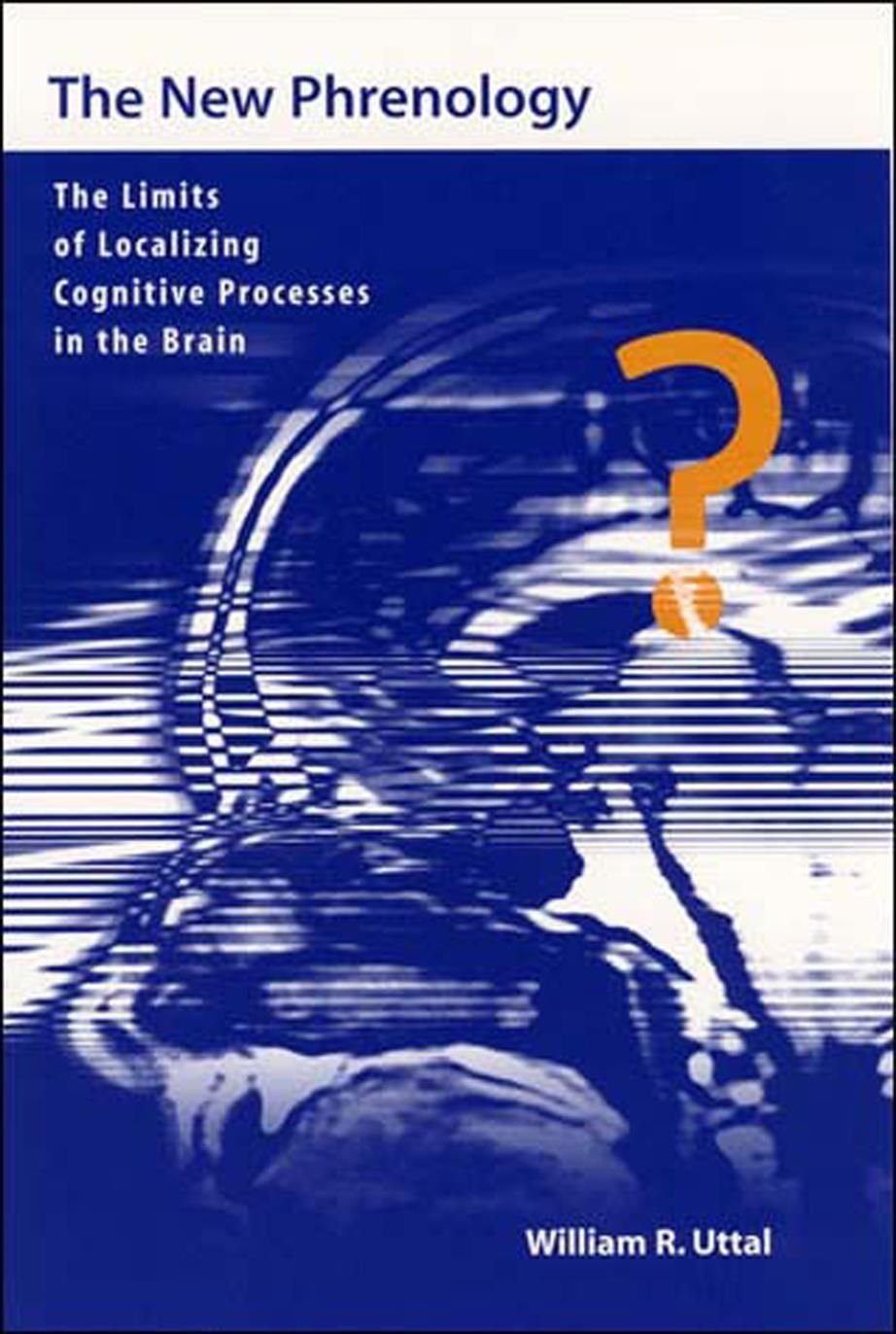This book traces the activity of the neo-Nazis in Germany from the fall of the Berlin wall in 1989 to the present. Lewis, who lived in Germany, based this pioneering study on first-hand research. He emphasizes the impact of unification on the growth of right-wing militancy throughout Germany-providing examples of neo-Nazi and skinhead activities-as well as the government’s efforts to control the growing extremist movement. Although the movement remains relatively small, five years after unification, it is one that bears watching.The first chapter reviews the events surrounding the unification and sets the stage for the increasingly vocal neo-Nazi movement. The primary goal of the following chapters is to trace the movement’s chronological evolution from unification through the high points in 1992 and 1993 to the governmental efforts to reduce the growing threat in 1994. Key to the discussions are the examples of violence and brutality directly linked to the neo-Nazis in the 1990s. Numerous incidents are cited that reflect the sheer brutality and wanton disregard for authority in a newly formed nation struggling financially and emotionally with bringing two divergent societies together. Imbedded in the chronological dialogue are short, personal sketches of leading neo-Nazis both inside and outside Germany who directly influence the movement. The entire book encapsulates the rise, once again, of those elements of Hitler’s Third Reich that were so abhorrent in the 1930s and 1940s.












